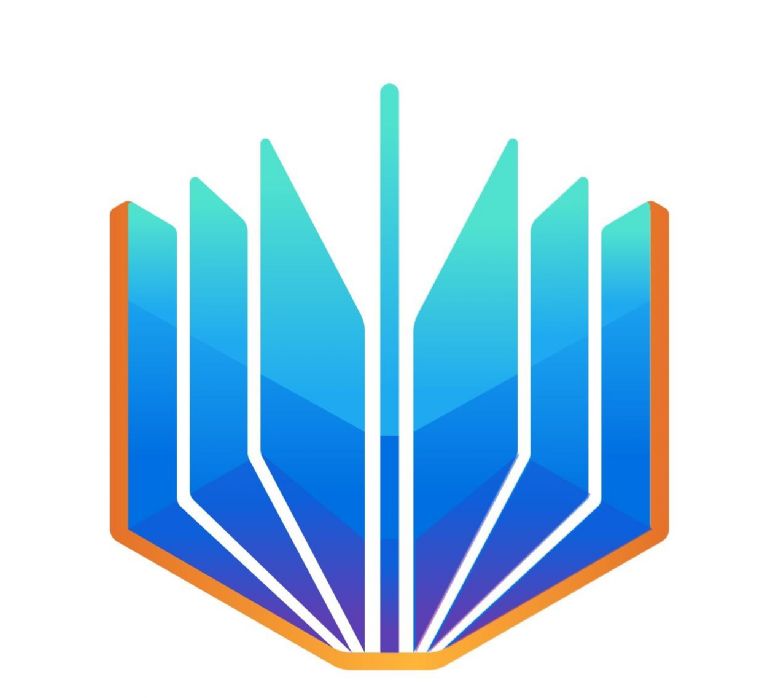RSHE & Lifestyle
There are three principal areas that our pupils will develop whilst they progress through Key stage 3 to 5 and these are:
Physical health and mental wellbeing:
Health and wellbeing education should focus on enabling pupils to make well-informed, positive choices for themselves. This should enable pupils to understand how their bodies are changing, how they are feeling and why, to further develop the language that they use to talk about their bodies, health and emotions and to understand why terms associated with mental and physical health difficulties should not be used pejoratively.
Relationships and Sex Education (RSE):
The aim of RSE is to give young people the information they need to help them develop healthy, nurturing relationships of all kinds, not just intimate relationships. It should enable them to know what a healthy relationship looks like and what makes a good friend, a good colleague and a successful marriage or other type of committed relationship. It should also cover contraception, developing intimate relationships and resisting pressure to have sex (and not applying pressure). It should teach what is acceptable and unacceptable behaviour in relationships.
Living in the Wider World:
Even though much of ‘Living in the Wider World’ is not included in statutory requirements, this core theme is equally important. We have intertwined this element with Careers, so that our pupils cover economic wellbeing, careers and enterprise education, as well as education for personal safety, including assessing and managing risk.
RSE delivered through other areas of the curriculum
Science
At key stage 3 and 4, it includes teaching about reproduction in humans; for example, the structure and function of the male and female reproductive systems, menstrual cycle, gametes, fertilisation, gestation, birth and HIV/AIDS.
Computing
E-safety, with progression in the content to reflect the different and escalating risks that young people face as they get older. This includes how to use technology safely, responsibly, respectfully, and securely, how to keep personal information private, and where to go for help and support.
Physical Education
For example, health education can complement what is taught through PE by developing core knowledge and broader understanding that enables people to lead healthy, active lives. Currently, in Key stage 4 we have a core PE & Wellbeing group and a Btec Sport class that cover many aspects of the Health Education curriculum
Wider curriculum and Academy opportunities~
The curriculum on health education should similarly complement, and be supported by, the Academy’s wider education on healthy lifestyles through physical education, food technology, science, sport, extra-curricular activity, and school food.
RSHE Schemes of Work
Form Time RSHE


